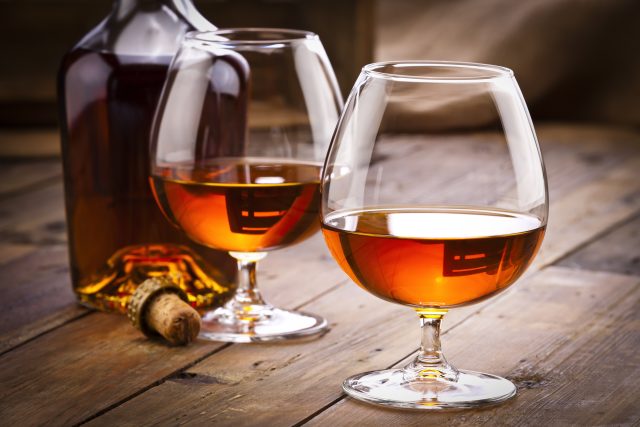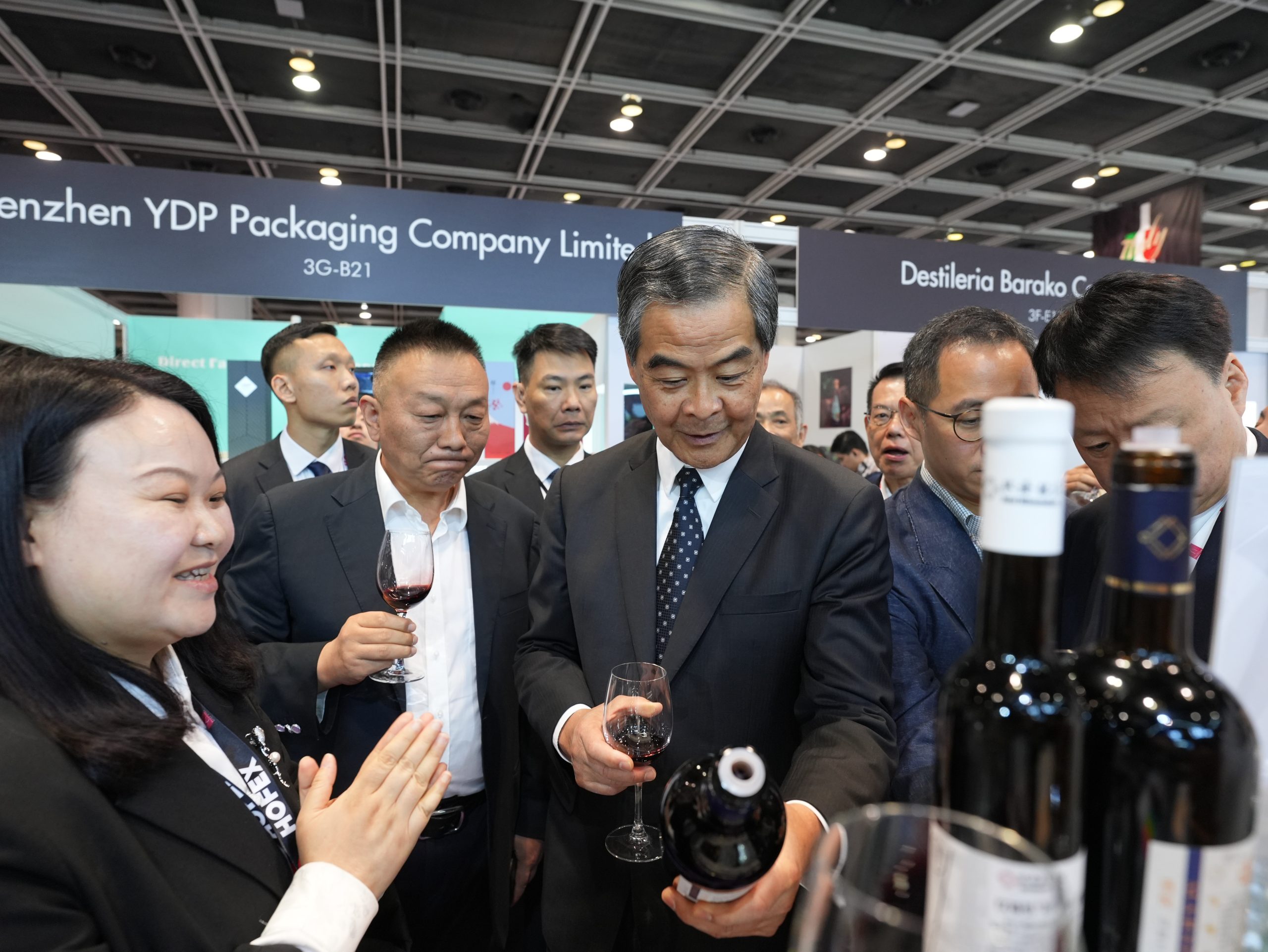China launches anti-dumping investigation into EU brandy
Just as China and Australia are inching towards Beijing removing, or at least reducing, the tariffs of up to 218% it slapped on Australian wine two years ago, China has now begun an anti-dumping investigation into all brandy imported from the European Union.

The measure is effectively targeted at Cognac and is being seen as a further example of China’s willingness to use its economic muscle in disputes, especially when it can affect spending on imported goods that have no direct impact on its own economic output.
Customs data show that China imported US$1.57 billion worth of spirits from distilled grape wine in the 11 months to the end of November with France accounting for 99.8% of all EU brandy exports.
Cognac is by far the biggest-selling imported spirit category in China because of its luxury cachet.
In 2022 China came closer to eclipsing the United States as Cognac’s biggest export market which took 50% of the spirit’s global exports.
Although the post-Covid revival in spending was less buoyant than expected, the fact that Americans have turned away from Cognac could mean that China will have moved much closer to the top spot when figures for 2023 are released.
Trade wars
Brussels and Beijing are becoming increasingly belligerent over trade, with each side accusing the other of using unfair practices.
In September, the EU said it would begin an anti-dumping investigation into imports of electric vehicles and components from China. Last month it extended that to also cover biodiesel products.
Beijing’s said its investigation will cover all brandy from the EU in containers of less than 200 litres.
The commerce ministry said the move was prompted by a complaint from the China Alcoholic Beverages Association on behalf of the domestic brandy industry.
The Bureau National Interprofessionnel du Cognac said it would fully cooperate with Chinese authorities but said it believes the probe is linked to the broader trade dispute rather than the market for spirits.
“We are confident that our products and commercial practices fully comply with Chinese and international regulations,” the BNIC said in a statement to Reuters.
Rémy Cointreau, Pernod Ricard and LVMH had all reported reduced sales of Cognac in the third quarter of last year and Beijing’s announcement had the immediate effect of wiping €10 billion off the companies’ combined values.
Rémy Cointreau, whose shares had already slumped by 70% in the second half of last year, leads the market in China through its Rémy Martin stable.
Partner Content
Its value fell by a further 11% on the day as observers noted that it already had excess stocks in the US and that it would be impossible to divert shipments there if Beijing imposed extra tariffs on brandy.
Further, the company has previously pledged not to chase sales through discounting.
Pernod Ricard, which owns Martell and counts China as its third largest market after the US and India, saw its shares hit by almost 5%.
China makes up about 10% of Pernod Ricard’s global revenues and Martell accounts for about 10% of Pernod Ricard’s revenues in China, where it recently launched its first single malt whiskey produced in the country.
Pernod Ricard told the Financial Times that the complaint made by an anonymous domestic producer argued that import duties on brandy should be raised to 16% [from today’s 5%] to level the playing field.
It said such a rise would be “significant” but below similar duty rates in other countries such as Brazil, which levies 20%, Vietnam at 24% and Thailand at 60%.
“This level is significantly lower than that used in other [anti-dumping] investigations,” the company said, adding: “This investigation takes place in the context of a trade disagreement between the European Union and China on other industrial sectors, unrelated to our activity.”
LVMH less impacted
The world’s biggest luxury goods empire, LVMH, which owns Hennessy, was less badly affected, with its shares losing just 2% in value, reflecting the less prominent part Cognac plays in its affairs both globally and in China compared with fashion, jewellery and luggage.
Neither Rémy Cointreau nor LVMH has commented on Beijing’s announcement, nor has Italy’s Davide Campari Milano, which shed 2% of its value on the news.
Campari recently announced a commitment to buy Courvoisier from Beam Suntory to expand its business in China.
Shares in Diageo, which does not have a Cognac house but own 34% of LVMH’s Moët Hennessy division, also shed 2% on the day to reach a four-year low.
There are hopes that the row might be resolved before either side imposes tariff barriers.
A decade ago Beijing agreed to drop an investigation into wine imports from the EU in return for Brussels ending a probe into solar panel shipments from China.
Related news
World cuisine set to boost sales of RTDs
Suntory CEO: Tariff plans prompt broader global investment considerations
Wine and whisky measures fall short in undercover investigation




